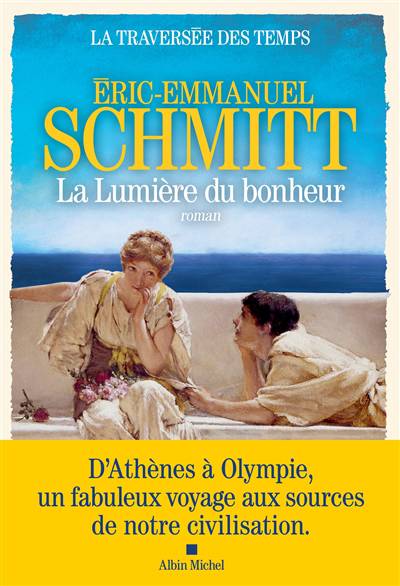
- Retrait gratuit dans votre magasin Club
- 7.000.000 titres dans notre catalogue
- Payer en toute sécurité
- Toujours un magasin près de chez vous
- Retrait gratuit dans votre magasin Club
- 7.000.000 titres dans notre catalogue
- Payer en toute sécurité
- Toujours un magasin près de chez vous
Description
This book is driven by a central question: why were women playwrights in the Romantic period obsessed with silencing their female characters, pushing them off the stage, and announcing the removal of their own texts to the closet? These playwrights were some of the most well-known and commercially successful writers of their era, but were paradoxically also among its most marginalized figures: they were mocked by largely conservative audiences, suffered intense criticism for placing their works on display publically, and frequently found their plays rejected by theater managers in favor of works by established male playwrights. This marginalization has extended to the present as well: even while lamenting the exclusion of these writers from the canon, modern critics have implicitly or explicitly dismissed them as politically reactionary and criticized them for failing to include positive representations of women in their works and for abandoning progressive gender politics in order to pander to their audiences. This book reorients this dominant critical mode, arguing that these writers did not simply craft plays that would please the crowd, but that they deftly incorporated the suppressions and subjugations to which they were subject into their works. It demonstrates that within their plays gaps in discourse and representation contain a productive capacity, denoting spaces of imaginative potential or drawing into focus the conditions by which such silencing and erasure take place. The book argues that the long-standing critical misapprehension of these works stems from precisely these strategies of resistance, which of necessity took nontraditional forms and thus have not been readily recognizable to audiences, then or now. The author terms the structures that female playwrights created in response to their paradoxical position as "negative spaces," areas in which they conspicuously staged the failure of their contemporary theater to adequately give voice to women writers and their concerns. Thus, Joanna Baillie's The Bride depicts the forced silencing, emotional effacement, and ultimate physical removal from the stage entirely of its titular female character; Hannah Cowley displaces the setting of her drama The Fate of Sparta into the distant past in order to showcase the historic malleability of gender relations and imagine alternative paths for them in the present; and Elizabeth Inchbald highlights the censorship and muting that haunted women playwrights from the period by removing her drama The Massacre from the stage into the closet, and then publishing her account of the process. By foregrounding the displacement of such central elements from their dramas, these playwrights shed light on social, economic, and political issues that would otherwise have remained invisible. Ultimately, the book finds that in probing the limits of representation, women's playwriting shares a central concern of Romantic literature more broadly, instanced in Blake's lifelong struggle to depict the songs of the divine, Percy Shelley's grappling with the sublime in "Mont Blanc," and Wordsworth's belated realization that he has crossed the Alps unawares. While these male canonical writers found such representational instability threatening, their female contemporaries actualized its potential to provide spaces to voice their concerns. Attention to these writers, whose gender and genre have worked together to locate them outside the traditional Romantic canon, thus lays bare the governing ideologies within our construction of the period's literature as a whole.
Spécifications
Parties prenantes
- Auteur(s) :
- Editeur:
Contenu
- Nombre de pages :
- 200
- Langue:
- Anglais
- Collection :
Caractéristiques
- EAN:
- 9781839988998
- Date de parution :
- 06-02-24
- Format:
- Livre relié
- Format numérique:
- Genaaid
- Dimensions :
- 152 mm x 229 mm
- Poids :
- 453 g







